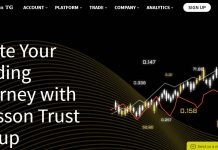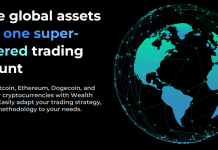Prime Minister to offer Eur 20 billion to Break deadlock
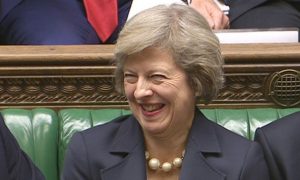 In a speech to EU leaders in Florence later today, Theresa May will stake her political future on breaking the impasse that has developed between the U.K. and EU in negotiations over Brexit.
In a speech to EU leaders in Florence later today, Theresa May will stake her political future on breaking the impasse that has developed between the U.K. and EU in negotiations over Brexit.
In a lurch towards a “soft” Brexit and abandoning her “no deal better than a bad deal” mantra once and for all, the Prime Minister will offer payments totalling up to Eur 20 billion to induce start of discussion over the future relationship, membership of the single market and customs union.
It is probable that there have been discussions between May, who is taking a more significant hands on role in the negotiations, and EU Commission and EU Council Heads, Jean-Claude Juncker and Donald Tusk that have gone further even to the extent of confirming the total payment that will be made upon the U.K.’s departure from the EU.
She will also provide some guidance as to how the U.K. will treat EU nationals following Brexit although she will probably fall short of complying with demands that they fall under the jurisdiction of the European Court of Justice.
The pound has rallied as traders cast aside any xenophobic feelings and see a “soft” Brexit as desirable for the economy.
U.S. Rate Hike not as certain as traders believe
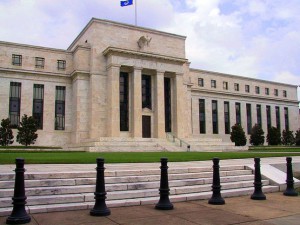 It seems that some of Janet Yellen’s post FOMC press briefing was rhetorical as the conditions precedent for a rate hike are by no means certain.
It seems that some of Janet Yellen’s post FOMC press briefing was rhetorical as the conditions precedent for a rate hike are by no means certain.
Next week’s inflation data will be critical to the Fed’s plans. Wages growth, a major component of inflation, has lagged, even as average employment data has grown. Lael Brainard a permanent member of the FOMC has warned against a rate hike in such a low inflation environment as “longer-run price pressure trends appear to be lower.”
The effect of the withdrawal of quantitative easing should be gauged before any change to monetary policy and the lowering of the long-term “neutral” rate is significant in what the Fed now sees as normal. Even if the Fed doesn’t hike in December as the futures market is predicting, it is possible that “neutral will be reached by Q4 ‘18 or Q1 ‘19.
Janet Yellen, the Fed Chair, is up for re-election in January and it was entirely possible that President Trump was going to nominate Gary Cohn a former Investment banker with Goldman Sachs, to replace her, but his comments over the Charlottesville rally have led the President to consider re-appointing Mrs Yellen despite her being appointed originally by Barack Obama.
Error, group does not exist! Check your syntax! (ID: 4)
German election a possible Black Swan
 The renowned economist and author Nouriel Roubini is the architect of the notion of “Black Swans” in economics.
The renowned economist and author Nouriel Roubini is the architect of the notion of “Black Swans” in economics.
The nature of a black swan is that it is the non-computability of the probability of consequential rare events using scientific methods (owing to the very nature of small probabilities). However, its passage into language has created an evolution from impossible to predict events to those that are more than improbable.
Such an event is the German Federal Election which is being held this weekend. Angela Merkel is considered almost certain to be elected to a fourth term as Chancellor and political risk from any other outcome is not even on the radar of trader’s minds.
Given the concern over the French and Dutch elections earlier in the year, it is surprising that following several policies that are unpopular in the traditionally conservative areas of the country that there is not greater notice being paid to the rise of the far right AfD Party.
Alternative for Deutschland has campaigned on a platform driven by the recent spate of terrorist attacks, migrant immigration and “traditional” values. It is likely that they will win seats in the Reichstag, the first party with such nationalistic views to do so in sixty years. Should there be a coalition between the two main parties, the AfD could become the main opposition.





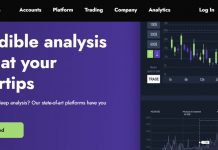

![Reltex Group Reviews: Explore business opportunities by Trading [reltexg.com]](https://comparic.com/wp-content/uploads/2023/12/image001-218x150.jpg)
![Mayrsson TG Reviews: Why Choose Crypto-Trading with Them? [mayrssontg.com]](https://comparic.com/wp-content/uploads/2023/12/image1-218x150.jpg)



